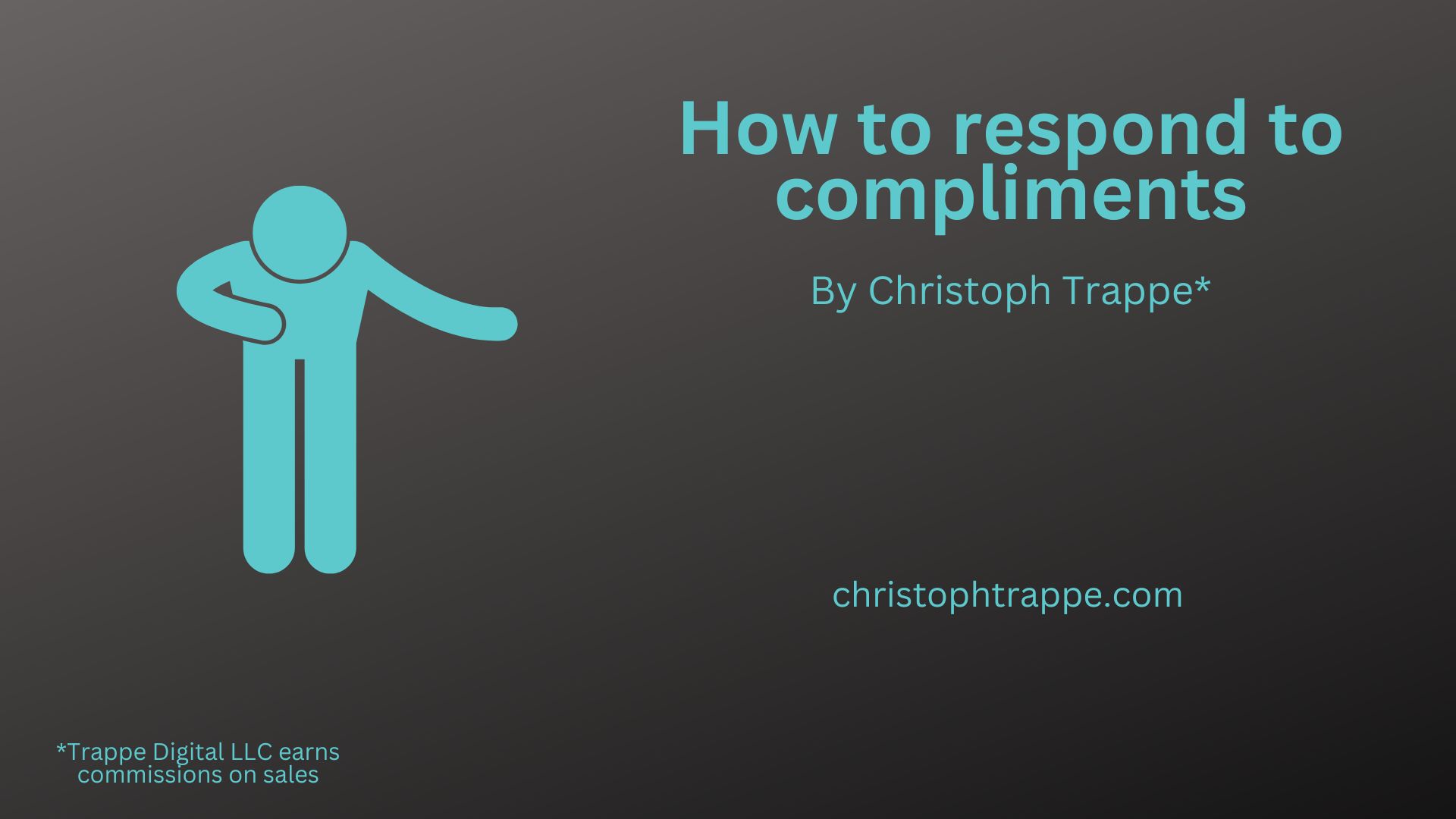Trappe Digital LLC may earn commissions from sponsored links and content. When you click and buy you also support us.
Getting a compliment, of course, is nice when it’s meant. How to respond to a compliment, however, is something that we sometimes don’t do correctly.
Giving feedback and meaningful compliments can help teams grow together. Valuable feedback can even help us grow, and compliments can help us feel good about something that’s working. And I don’t know about you, but when I forgot about something that’s working, I might even work harder on it.
Read next: Why fast feedback matters
How to give a compliment
The best compliments are given as standalone statements of appreciation. I’m not a fan of the sandwich feedback approach where people give a compliment, which is then followed up by some harsh criticism, which is followed by more praise.
Personally, I recommend the split approach of giving feedback when you have to give feedback and hand out compliments when you catch people doing something well.
In a professional environment, I usually find compliments most meaningful when they have something to do with what we do in the professional relationship. For example, if a team member focuses on content writing, compliments related to content writing might be most meaningful.
Read next: Internal communication strategies that actually work
Companies can also encourage other employees to give compliments to their peers. A company I worked for did that well when everybody wrote down what they thought about each other. The positive things. Those attributes were then shared with each employee.

One way to formalize the compliment-giving process is to have monthly employee awards. Have team members submit nominations for Employee of the Month and then offer something to the employee that wins the award.
How not to respond to a compliment
Responding to compliments is horrible and sounds. What do many of us say when somebody gives us a compliment?
We start explaining how it’s not as great as it should be, yet.
“Congratulations, for being fit Christoph.“
“Thank you, but you know I actually gained some weight.”
Or I might deflect the credit to my wife who cooks healthy meals.
“Thank you, but it’s all on her because she’s cooking such healthy meals.”
Stop the urge to want to explain everything.
Don’t explain anything away. Don’t ask them to fill out a survey to give you more feedback.
Read next: Why we need at least one calculated risk-taker on marketing teams
How to respond to a compliment
Just take the compliment for what it’s worth. Enjoy the moment and the niceness of the acknowledgment.
Somebody makes a sincere compliment – and maybe we should assume that most are sincere – we should say one thing:
“Thank you so much. I appreciate it.”
Of course, give credit credit where it’s due – especially when others helped you achieve whatever you achieved. But don’t overthink it, don’t overdo the explanations. Just say “thank you. I appreciate it.”
On social media, you can also say thank you publicly. For example, through a reply or on TikTok you could even do a stitched reply to:
- highlight the compliment to your audience
- thank the person
At the end of the day, to respond to a compliment shouldn’t be difficult. Acknowledge, thank, and be done.

